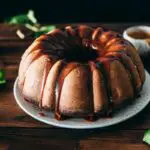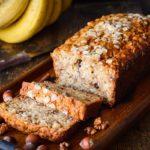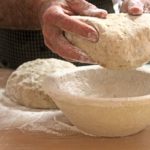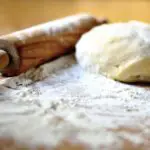Introduction
There is no doubt that chocolate chip cookies are a classic baked good with hundreds of classic recipes to choose from. When baking you want cookie dough to have a nice rise to it, with a soft fluffy texture on the inside.
Whilst cakey cookies do not affect the taste of a cookie, if you prefer thin cookies, or chewier cookies then having a cakey cookie can leave you feeling disappointed.
Baking cookies that come out cakey is a common mistake many make when baking, while the cookies are still edible, there are ways to prevent you from baking cakey cookies in the future.
So, if you find yourself wondering ‘why are my cookies cakey’ then you have come to the right place.
The Measurements Were Off
One of the main reasons why you are baking cakey cookies is due to the measurements being off. You may have measured out the volume of your ingredient correctly, but using cups or volume for measurement does mean that it will be different from what the recipe calls for.
Am I Using Enough Flour
Flour is light and can be compacted easily, this allows for a variation between cups of flour. You could end up with too much flour or too little flour, so it is always better to measure flour by weight than just volume.
Using flour will also affect the texture of a cookie, The higher the protein content in the flour, the more likely to have chewy cookies. You should try to use all purpose flour or bread flour for your cookies if you prefer a more dense, chewy cookie.
Too Much Flour
Avoid using cake flour as this will cause you to make more cake like cookies and give a cakey texture. Unlike using bread flour the cookies will be soft and delicate instead of chewy. Using too much flour will also make cake like cookies.
It is always better to use a bit less than the recipe calls for as using more flour than you need will make cookies cakey.
If you find you are constantly making cakey cookies with a cake like texture but are using as much flour as the recipe calls for then maybe try using less flour to prevent having cakey cookies.
So before you make your next batch check if you are using too much flour or if you should be using more flour as doing this can fix cakey cookies.
Too Many Eggs
When baking an egg acts as a leavening agent when beaten, adding too many eggs will cause you to. Adding too many eggs will cause your cookies to be more cakey. If you want more chewy cookies than cakey then reduce the amount of eggs you put in the dough, use one egg or do not use any extra eggs.
If your cookie dough is too dry then instead of adding extra eggs, use a tablespoon of water instead. This will add the amount of liquid needed in your cookie dough without adding another egg that would act as a further leavening agent. You should always make sure you are using the correct leavening agent.
Most recipes call for you to use only one egg so unless you want a cakier cookie just stick to one egg. If the recipe calls for medium eggs then make sure to use a medium egg, using a different type of egg like a large egg will add too much egg into your cookie dough.
Baking Powder And Baking Soda
Baking powder and baking soda are used in many cookie recipes. Baking powder can make cakier cookies. If your recipe calls for baking powder but you want flatter cookies then do not use too much baking powder as it causes cookies to rise. Replace the baking powder with 1/4 teaspoon of baking soda.
Brown Sugar
If you decide to use baking soda, make sure to use an acid such as brown sugar to activate the baking soda. If you want big and chunky, milk chocolate chip cookies then use both baking soda and baking powder.
Overbeaten Sugar And Butter
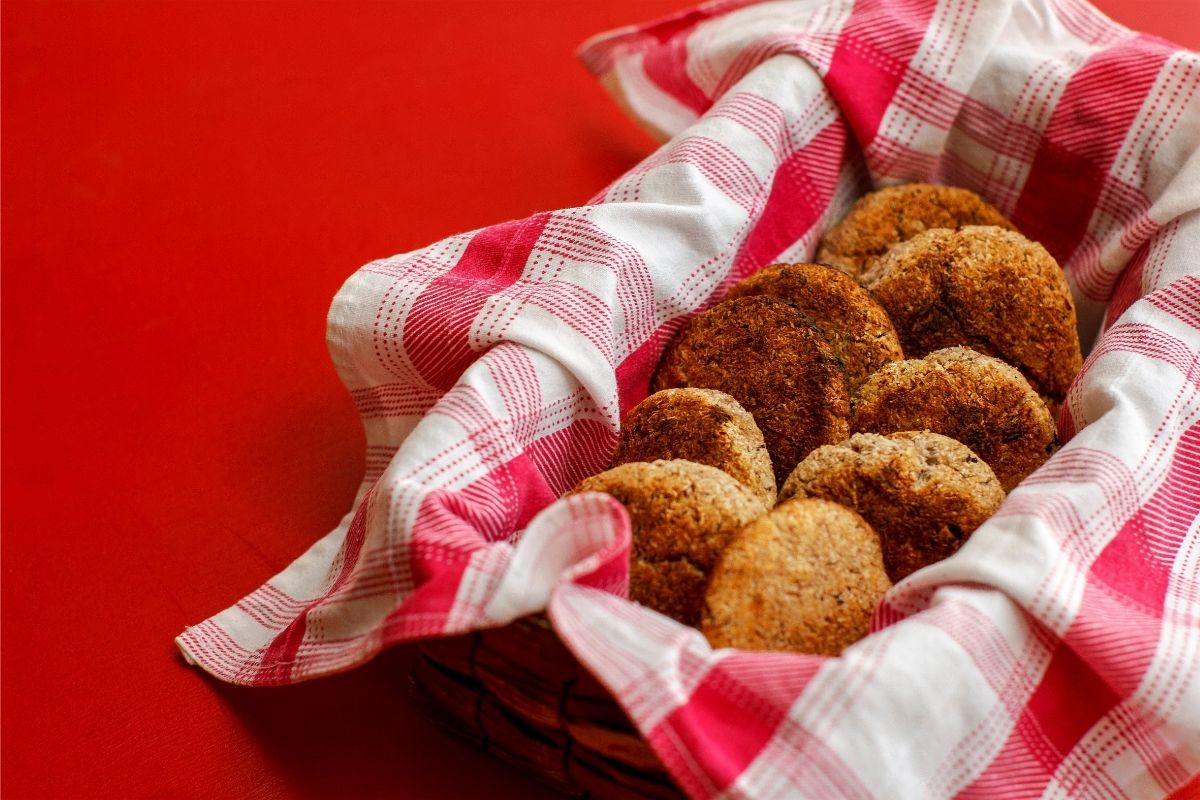
When you ask ‘why are my cookies cakey’ , overbeating is typically the reason why. If the cookie recipes include butter and sugar to be incorporated then you may have over beaten them.
Overbeating the butter and sugar means that once the air is incorporated into the mixture, which gives a cakey cookie that texture. An alternative to beating the butter is to melt the butter.
If your cookies have a cake like texture then you now know why they turn out cakey. When following a cake recipe, you need to beat the butter and sugar until they have a light and fluffy texture.
So it would follow that doing the same to the butter and sugar you plan to make cookie dough from would make the cookies cakey.
Make sure to beat the sugar and butter less than you would with a cake to make sure your cookies do not turn out cakey.
When baking using the right amount of sugar is crucial adding too much granulated sugar or white sugar will cause the cookie to be a more crispy cookie that is brittle once baked. Always follow the recipe and only if you think the mixture is too liquid then add more sugar.
How To Fix Cakey Cookies
So now we have answered the question ‘why are my cookies cakey’ . Let’s see if you can fix them.
Unfortunately cookie baking is unforgiving, once your cakes are in the oven there is no going back. So whether they come out on that cookie sheet as crispy cookies or a soft cookie there is no fixing it.
We have gone over the ways to prevent having a cakey cookie. But to recap:
- Use less flour
- Emit baking powder for flat cookies
- Do not beat the butter and sugar to heavily or just melt them instead for a more buttery flavor



